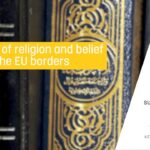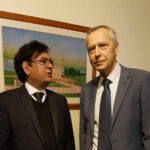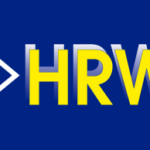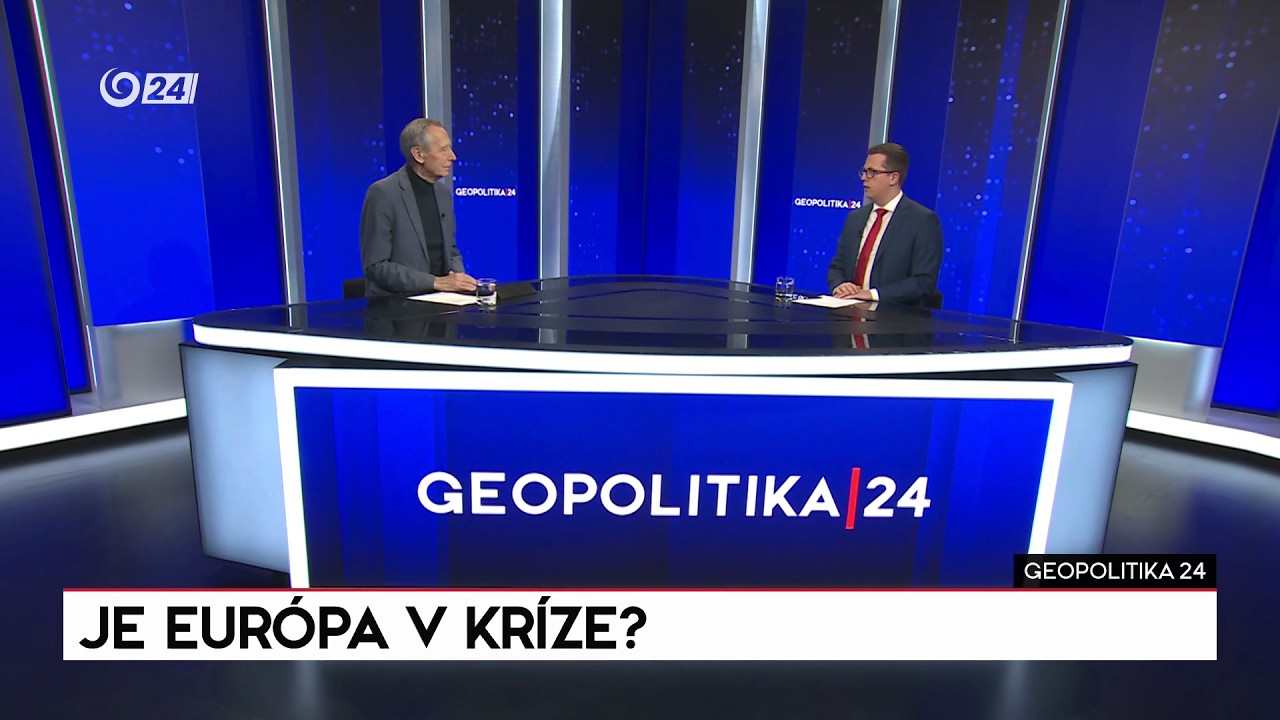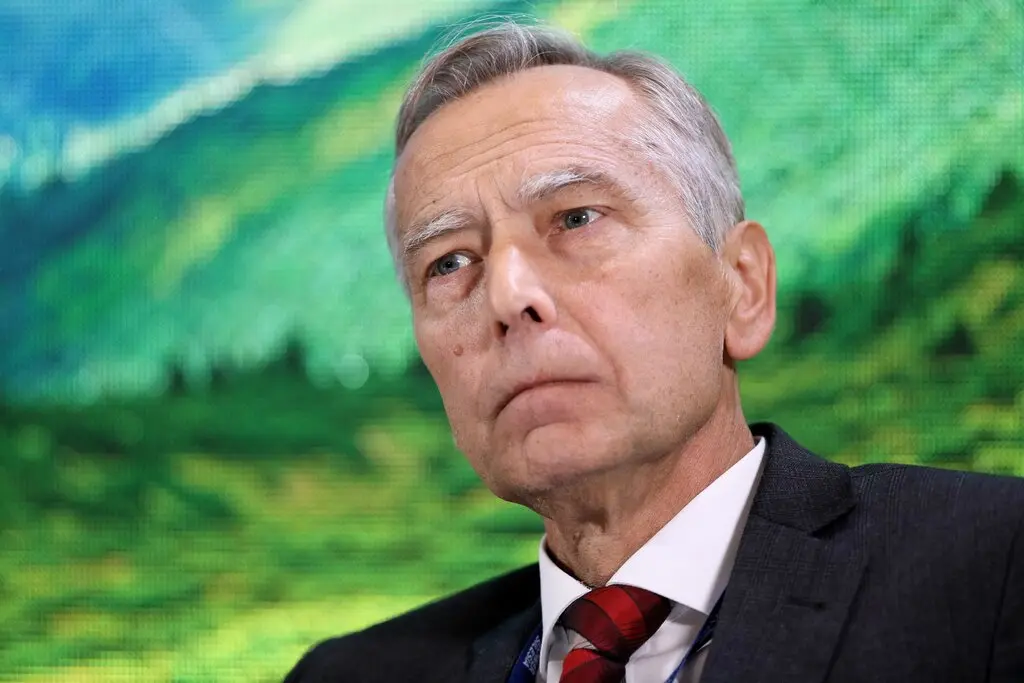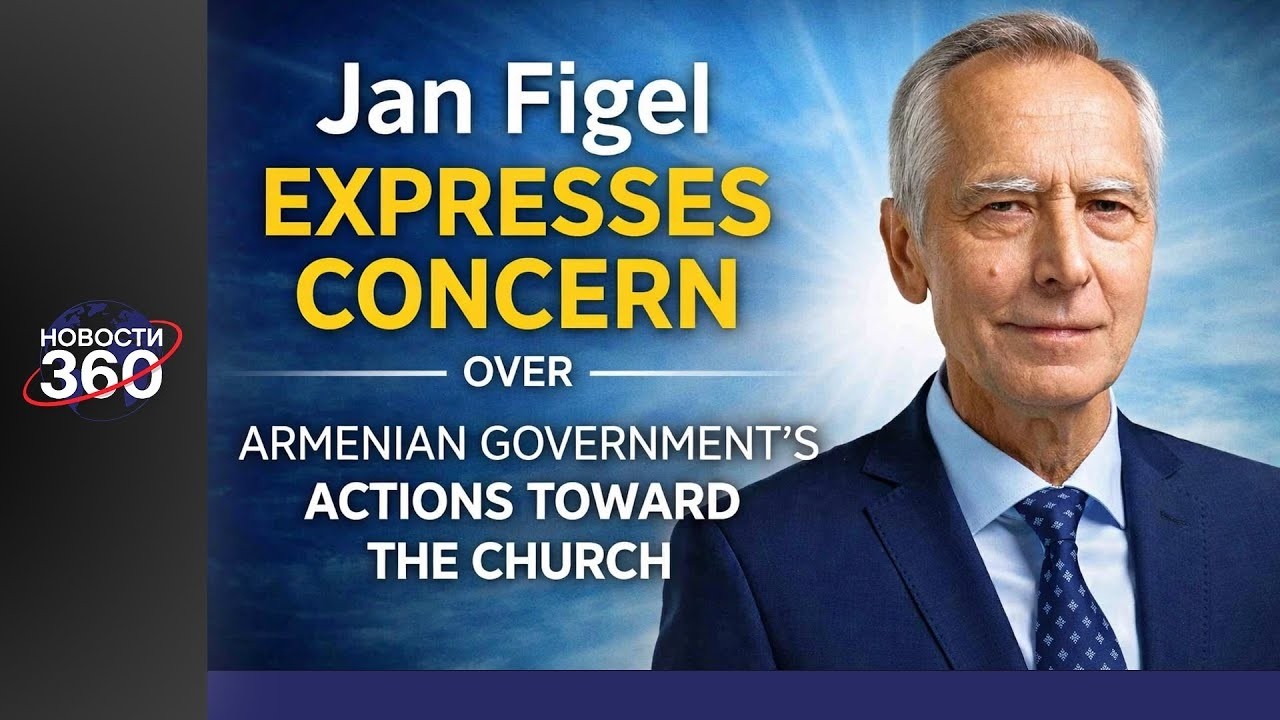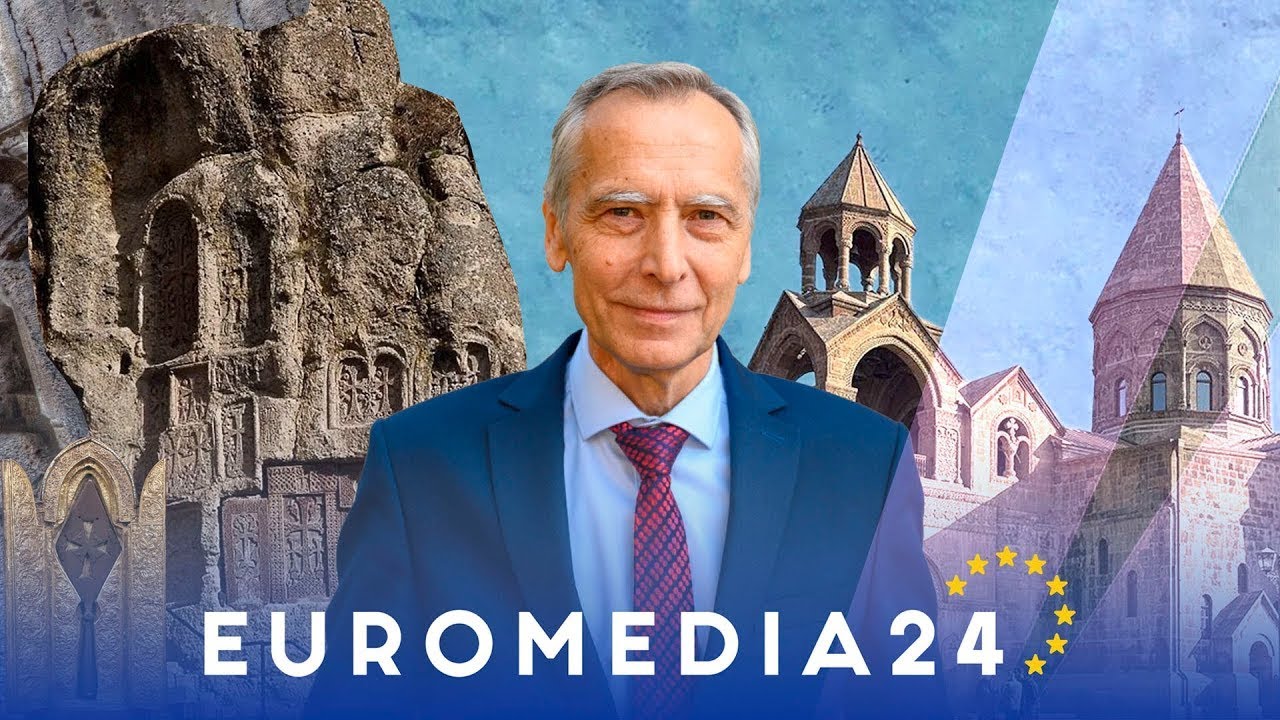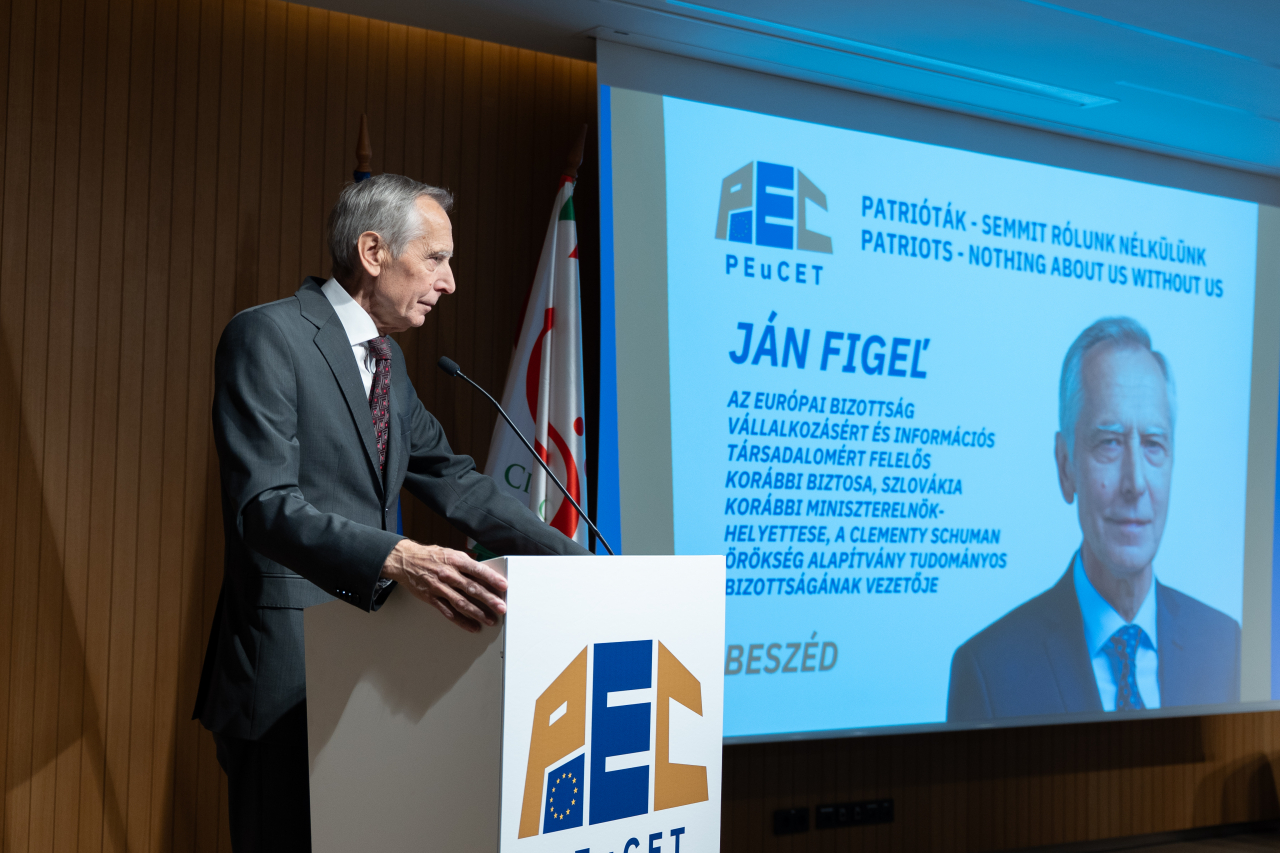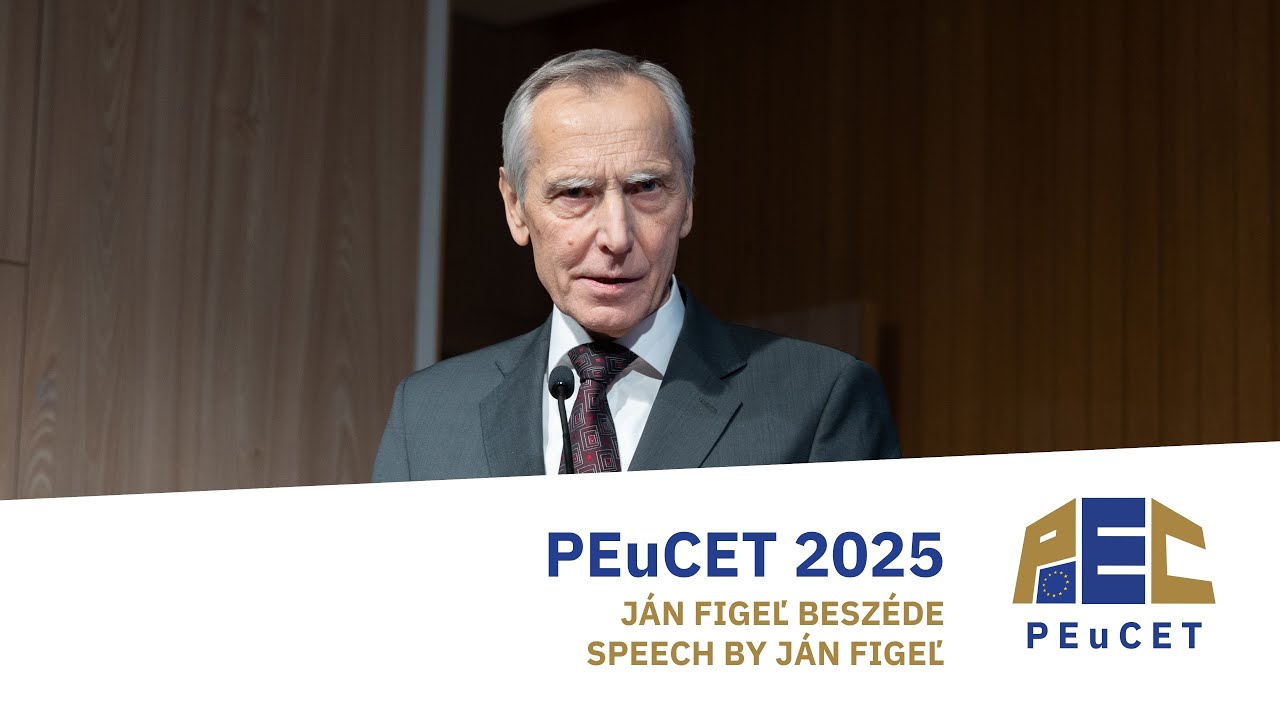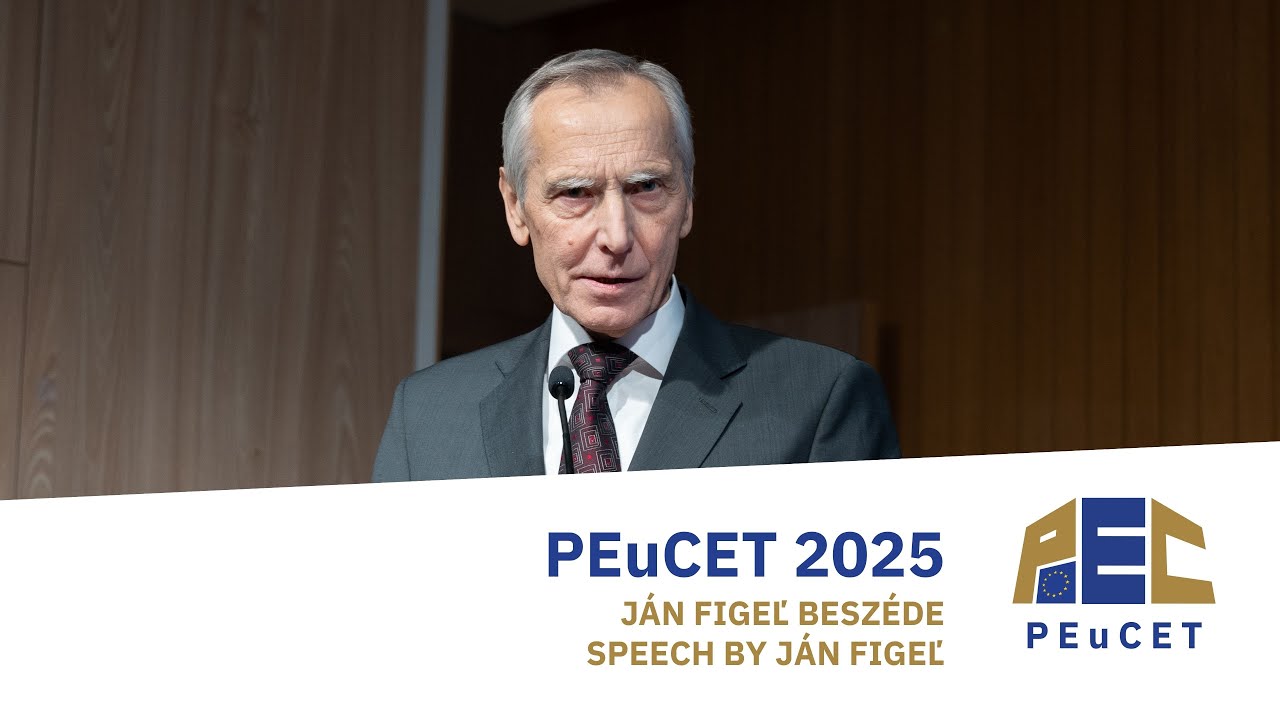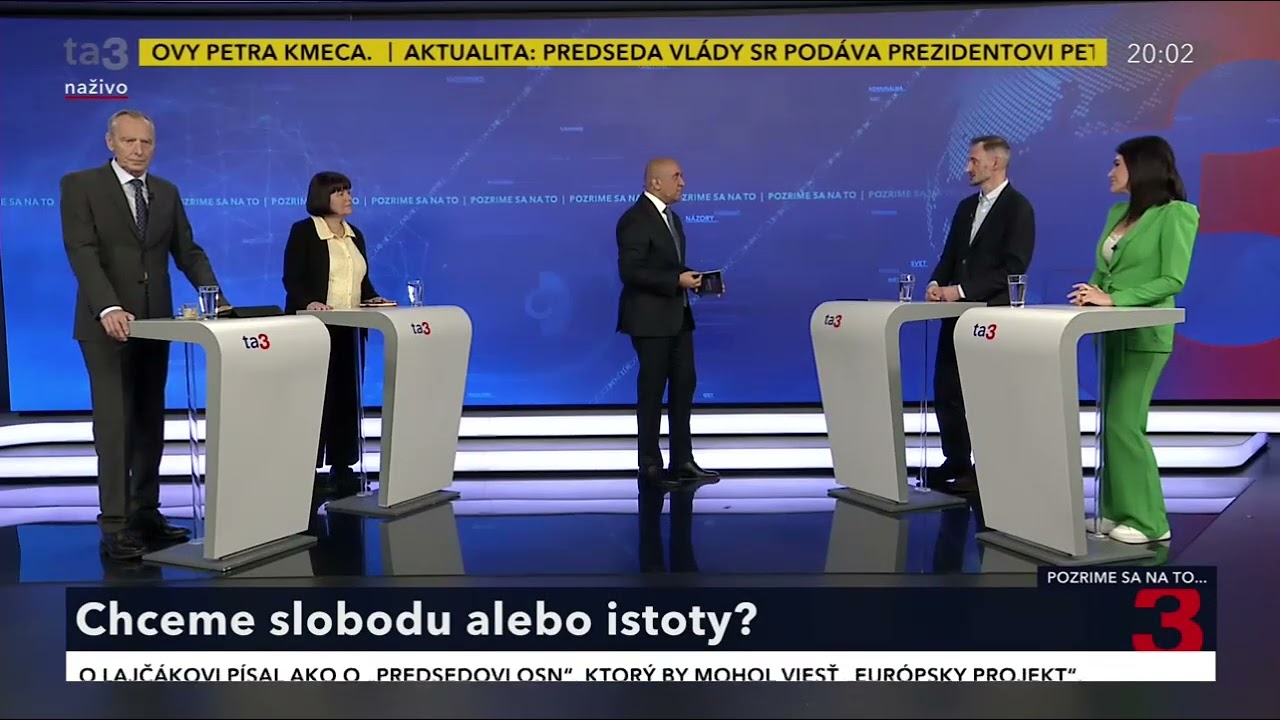The bloc has “lost its credibility as a commercial power guided by human values,” human rights activist said.

Between 2016 and 2024, the European Union spent upwards of €150 million on education in Pakistan, according to a 2024 report entitled Pakistan, Education System, Curriculum and EU Funding, authored by Sallux/ECPM (the European Christian Political Movement).
The ECPM report contains over 40 pages of excerpts and pictures from textbooks which show that the views expressed in Pakistan’s official curriculum are not compatible with the EU values expressed in its Charter of Fundamental Rights.
This misuse of EU taxpayers’ money was revealed at a gathering at the United Nations headquarters in Geneva during the recent 58th Session of the UN Human Rights Council.
The EU’s Generalized Scheme of Preferences Plus (GSP+) encourages developing countries (such as Pakistan) to pursue sustainable development and good governance. Eligible countries must implement 27 international conventions on “human rights, labor rights, the environment and good governance”.
The EU is currently Pakistan’s second most important trading partner as, two years ago, it accounted for 15.3% of Pakistan’s total trade. Pakistan is a major beneficiary of the trading opportunities offered by the EU’s GSP. Since January 1, 2014, Pakistan has benefited from generous tariff preferences (mostly zero duties on two-thirds of all product categories) under the so-called GSP+ arrangement.
The event at UN headquarters, titled “Human Rights in Pakistan: Education Under Siege—Ideology, Intolerance, and the Erosion of Human Rights in Pakistan,” spotlighted the country’s Islamic extremist education system and its escalating human rights abuses. It was organized by CAP Freedom of Conscience, a French NGO with special consultative status to the UN, Human Rights Without Frontiers (HRWF), and Global Human Rights Defense (GHRD).
Former EU Commissioner Ján Figeľ, also the first EU Special Envoy for the Promotion of Freedom of Religion or Relief outside the EU, said in his keynote address that “Pakistan’s constitutional and penal structures—particularly the blasphemy laws—are uniquely harsh and foster widespread discrimination.”
Figeľ cited a case where Pakistani Islamic clerics forced a college professor, Sher Ali, to publicly renounce teaching a number of beliefs and ideas as against Islamic law. One such idea was Charles Darwin’s theory of evolution. In 2022, Ali’s car was attacked with a magnetic bomb, leaving him in a wheelchair for months.
“Pakistan is the largest beneficiary of GSP+ preferences, yet there has been little improvement in human rights,” he said. “ The EU must reassess the cost of this silence.”
His call was backed by Willy Fautré, Director of Human Rights Without Frontiers. “This is not education—it is ideological coercion,” Fautré said. “The EU’s credibility is at stake. If Europe is to remain a human rights actor, it must ensure that public funds do not enable the erosion of pluralism and academic freedom.”
Fautré noted:
By accepting de facto this situation and by failing to sanction Pakistan’s non-implementation of the GSP+, the EU has misused the money of the EU taxpayers and has lost its credibility as a commercial power guided by human values.”
Fautré listed some of the “persistent egregious human rights violations that have remained unchanged for 10 years,” including the fabrication of blasphemy cases against Christians, Ahmadis, and other religious minorities; acts of violence and mob violence against members of minority religious communities; and the persistence of madrassah religious schools, beacons of indoctrination and extremism, which are out of control of the state.
Akey topic addressed by speakers was the ‘Single National Curriculum (SNC),’” which was introduced in 2020 in Pakistani state schools.
“[The curriculum] drew strong criticisms from education experts and human rights defenders for its lack of inclusivity, the over-emphasis on Islamic religious content at the expense of religious minorities, the subliminal ideology of Islamic supremacy and poor pedagogy,” Fautré noted.
The human rights organization Open Doors also referred in its 2024 report to Pakistan’s “increasingly Islamizing culture” and educational system:
The introduction of a ‘Single National Curriculum’ in schools denigrates religious minorities and enforces the teaching of the Quran and subjects like Mathematics and Science in an Islamized manner. Thus, religion is permeating school education, dividing children and families. Radical Islamic groups are flourishing … and are used by various political groups as allies.
Inna Chefranova, Executive Director of the European Facilitation Platform, addressed the plight of girls from religious minorities who are subjected to abductions, forced conversion, and forced ’marriage.’ She cited the case of a 13-year-old Catholic girl, Arzoo Raja, who was abducted, converted to Islam, and forcibly married to an older man in 2020, illustrating the consequences of Pakistan’s judiciary and education system.
“The EU cannot continue to provide GSP+ privileges while systemic abuse persists. Monitoring without enforcement fails victims,” Chefranova said. “Education should be a tool of inclusion, not indoctrination. Until reforms are implemented, support should be conditional on measurable progress.”
A recorded message from MEP Bert-Jan Ruissen, Co-Chair of the EU Intergroup on Freedom of Religion or Belief, was also shared during the event.
“We fund education in Pakistan, yet we disavow responsibility for what that education teaches. That is unacceptable,” Ruissen noted.
A 2024 inquiry made by Ruissen to the European Commission confirmed that EU taxpayers’ money had been provided to “religious seminaries” in Pakistan. Referring to the inquiry, Ruissen called for parliamentary action. He noted that “the EU must integrate these concerns into the upcoming GSP+ review. We cannot subsidize hate and exclusion.”
As a result, the EU enables a discriminatory and extremist curriculum which leads to the further Islamization of the Pakistani population. The EU is also supporting the oppression of everyone in the country who is not an Islamist, an abusive culture that is transported to Europe through mass migration. Sadly, it appears that the EU has—to a certain extent—become an enabler of Islamization in both the Old Continent and overseas.
By Uzay Bulut
europeanconservative.com

